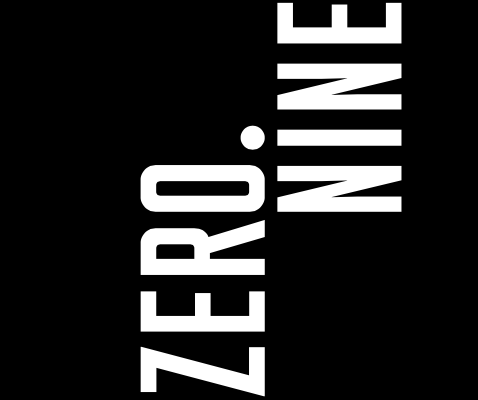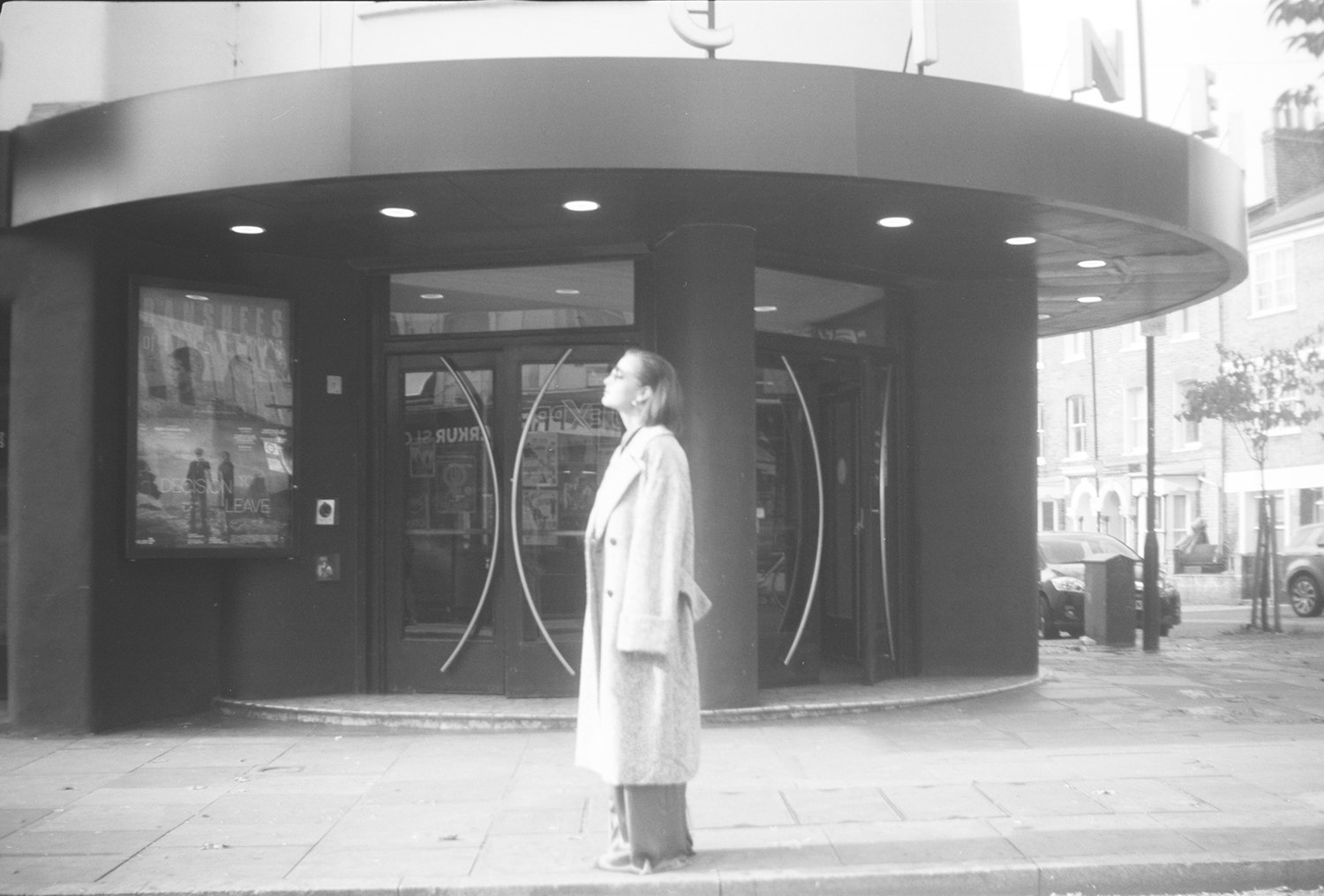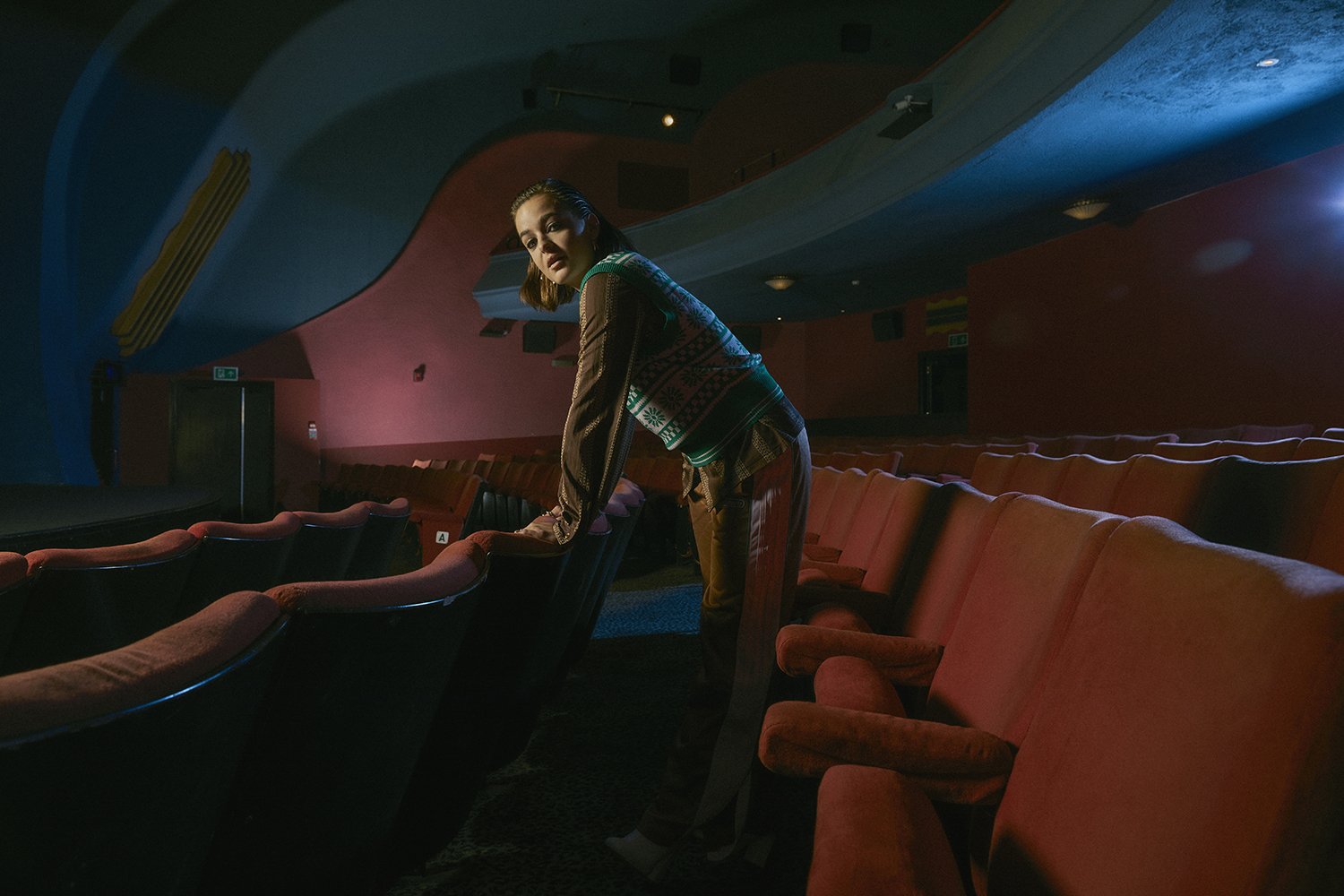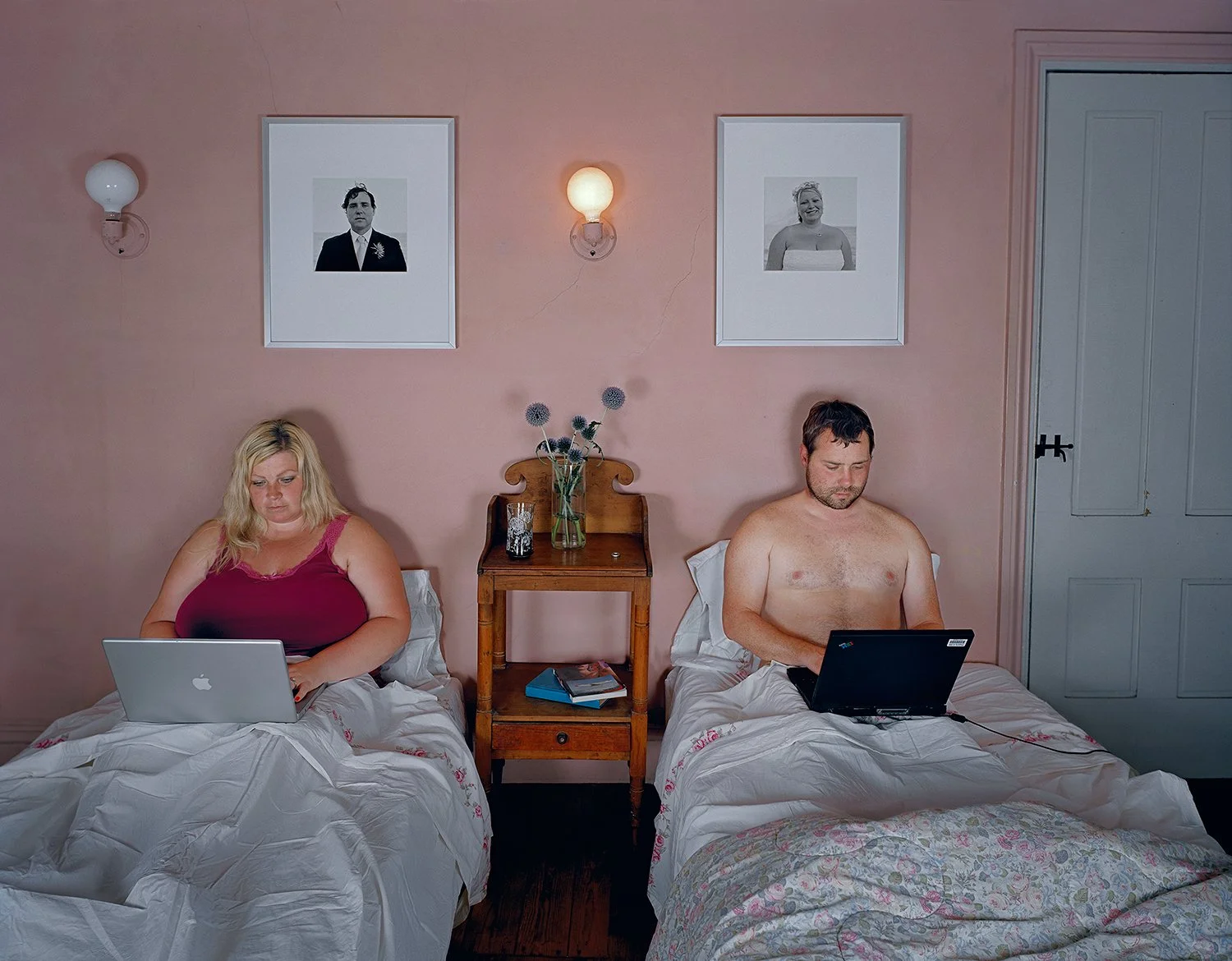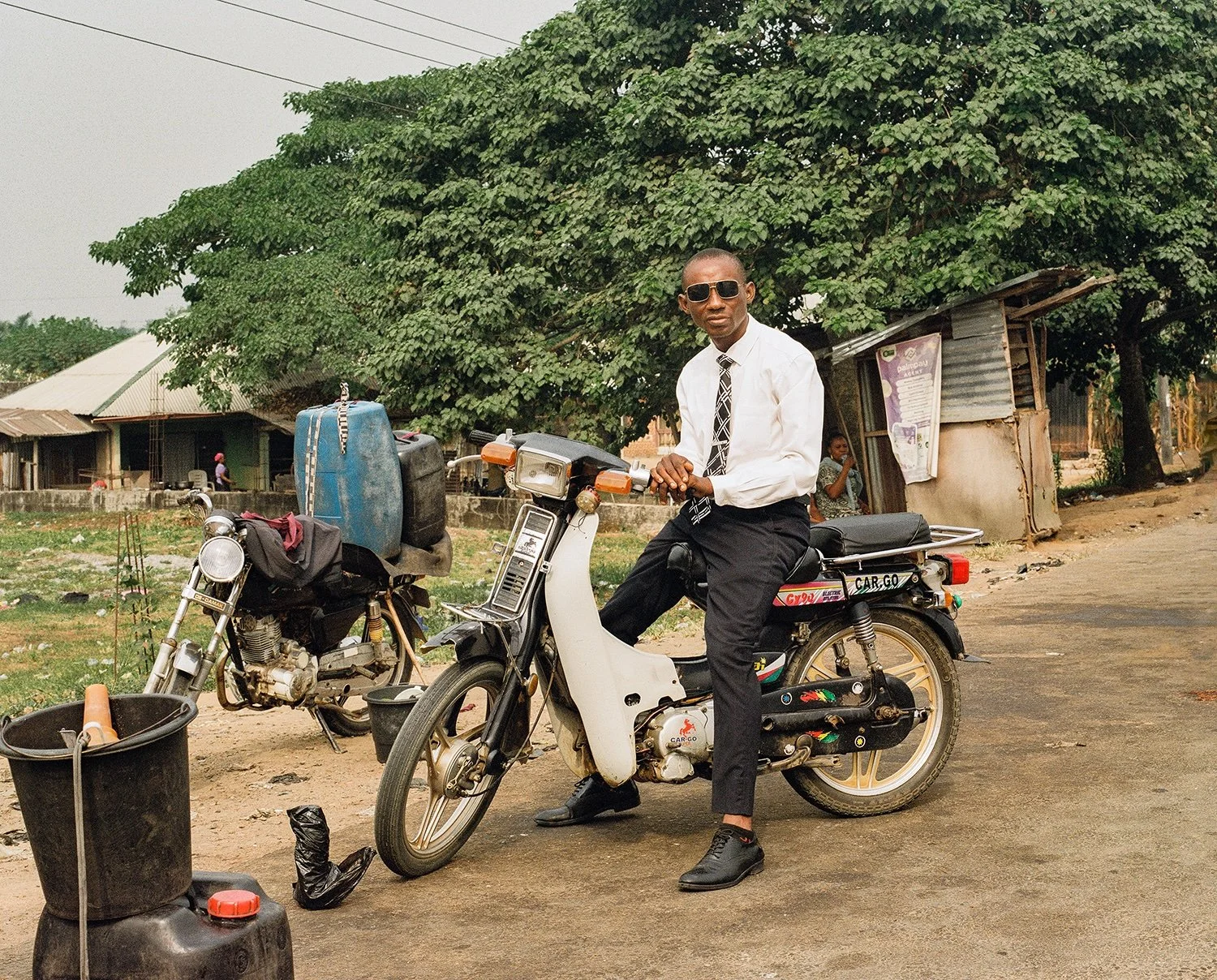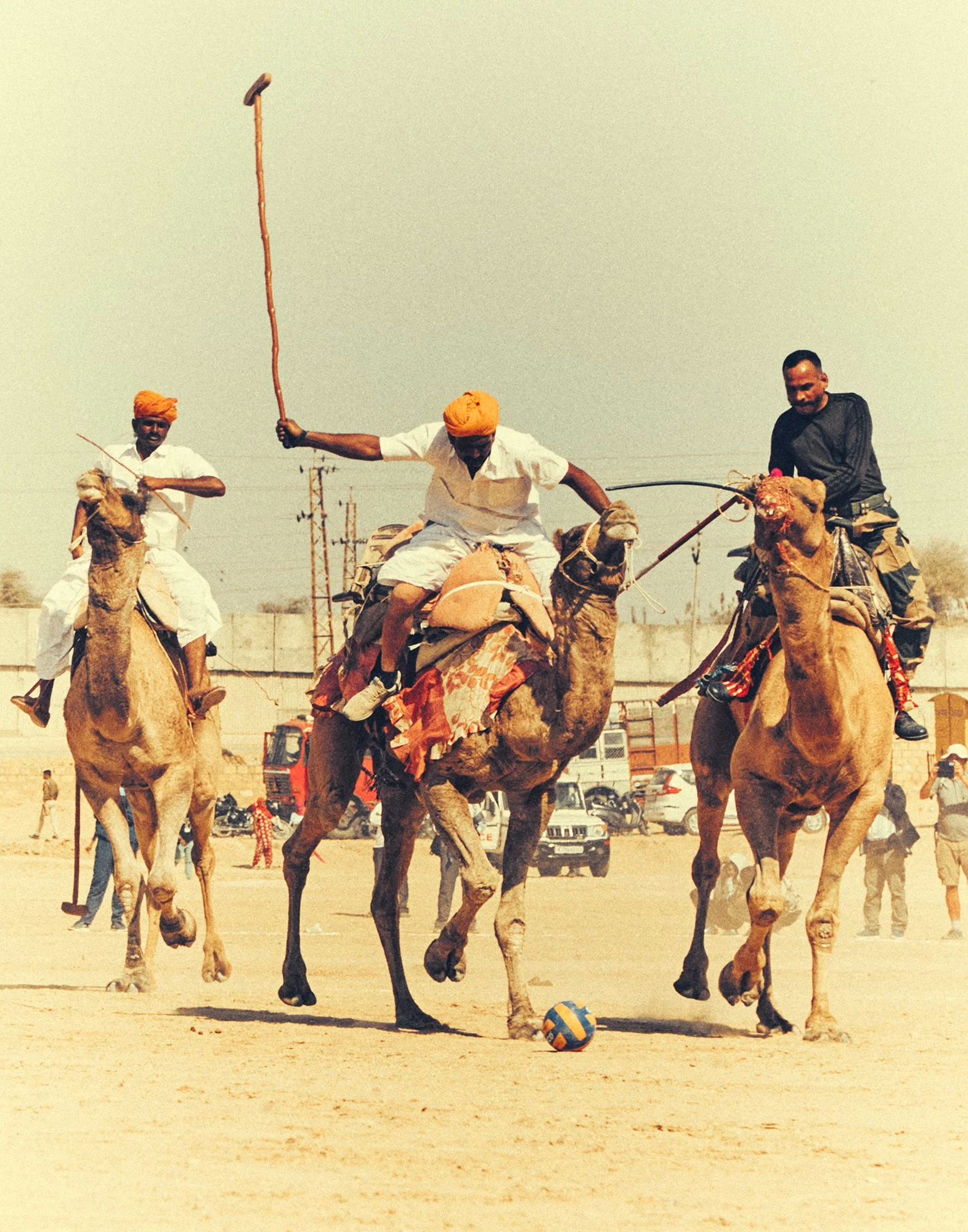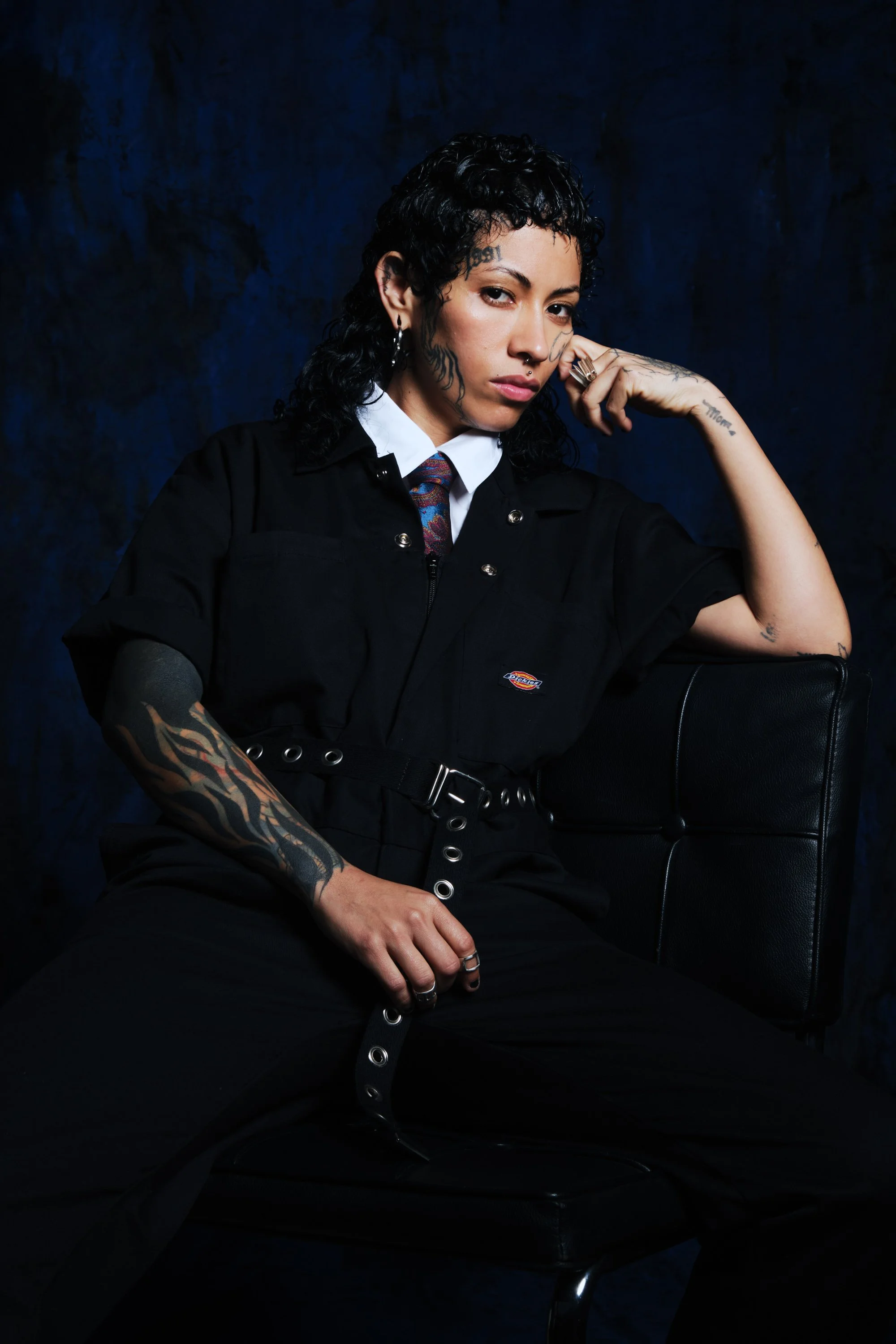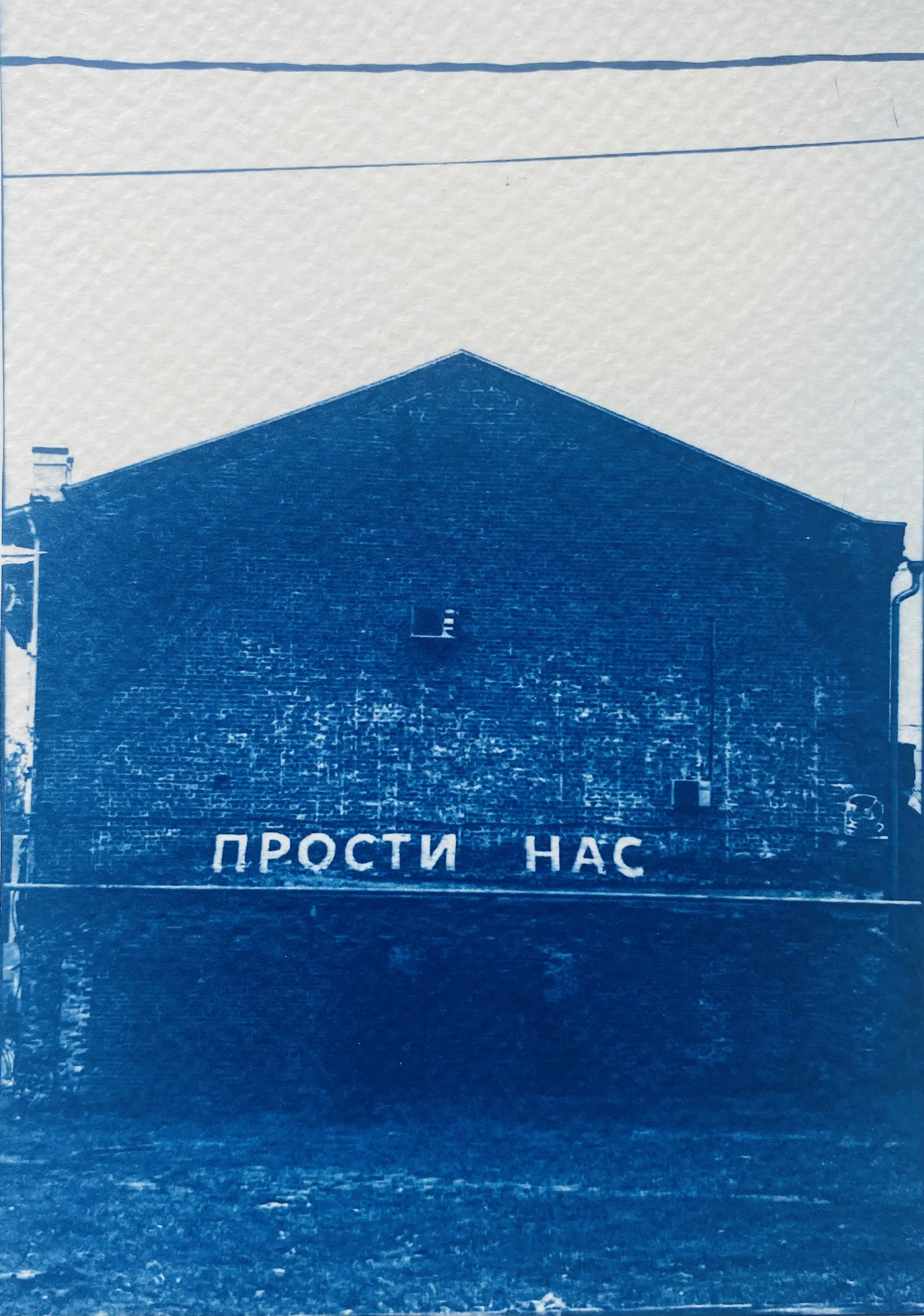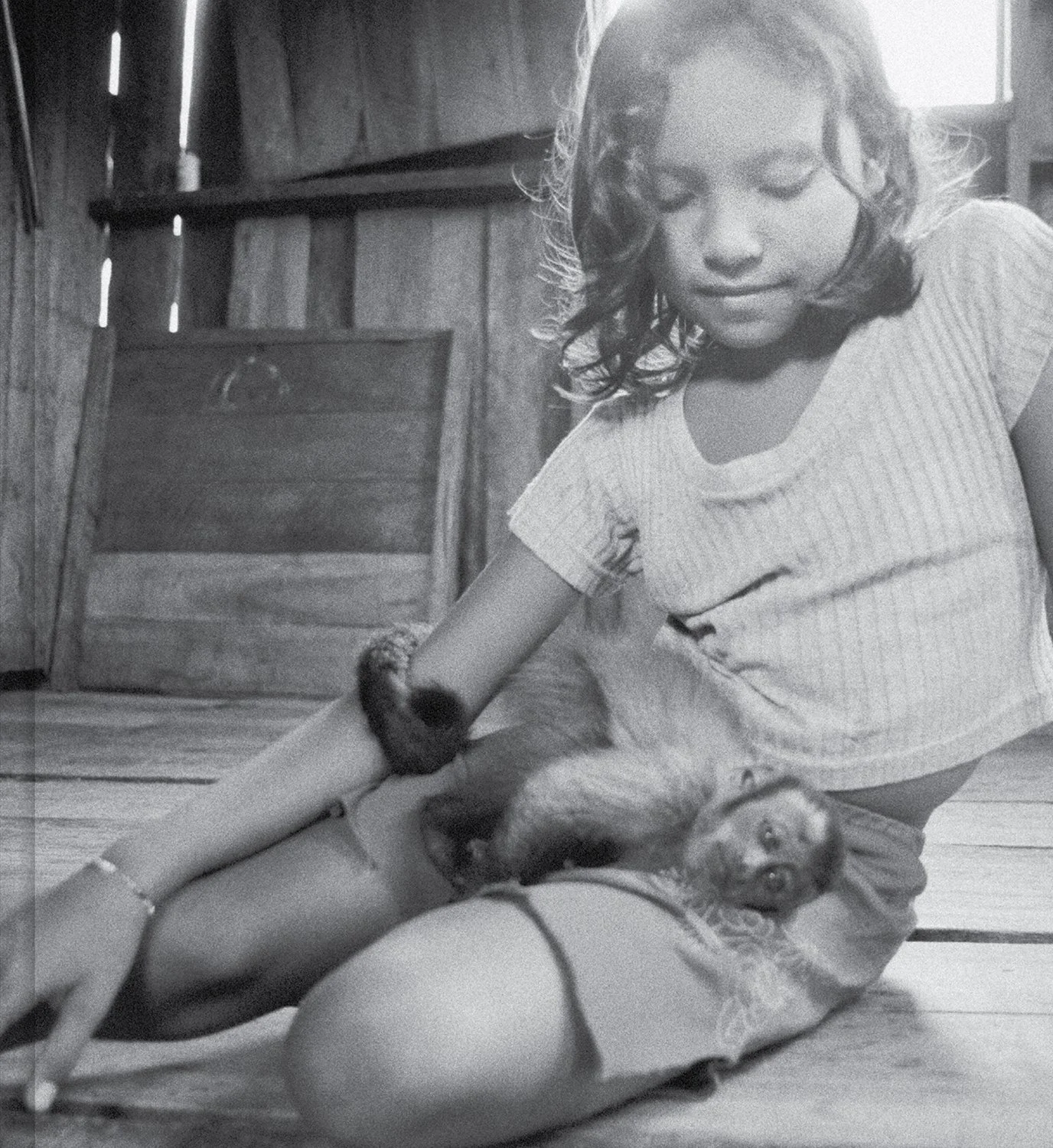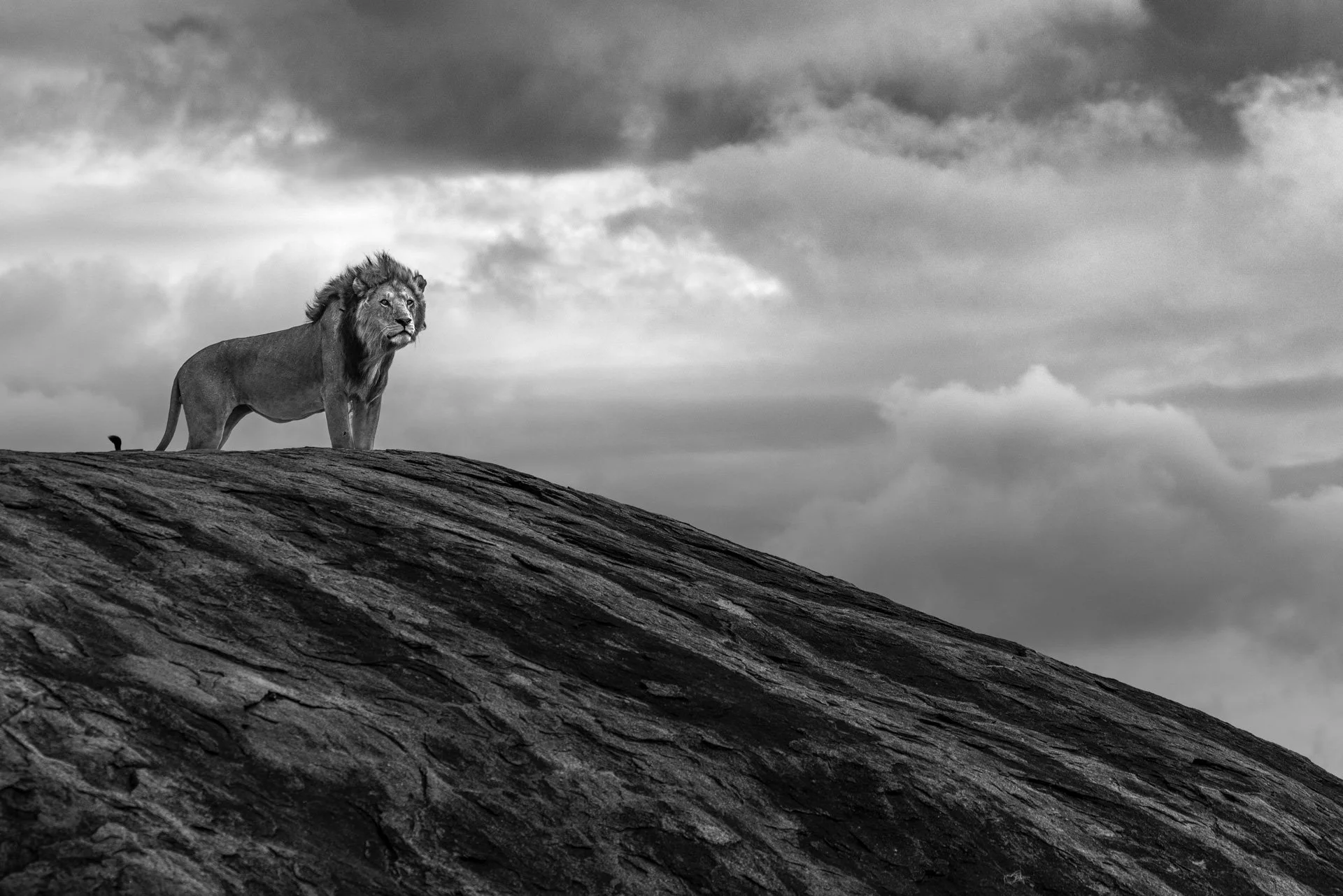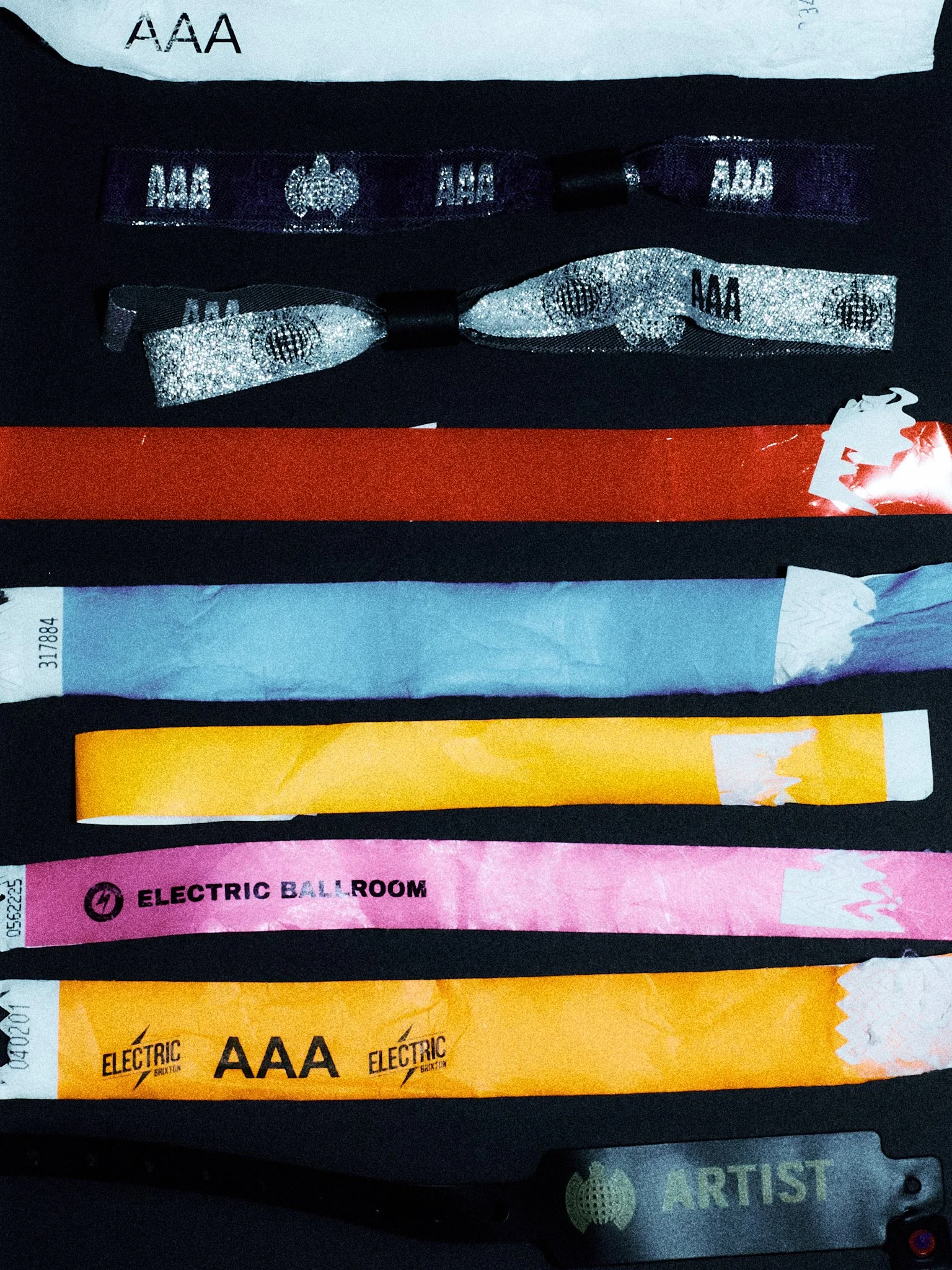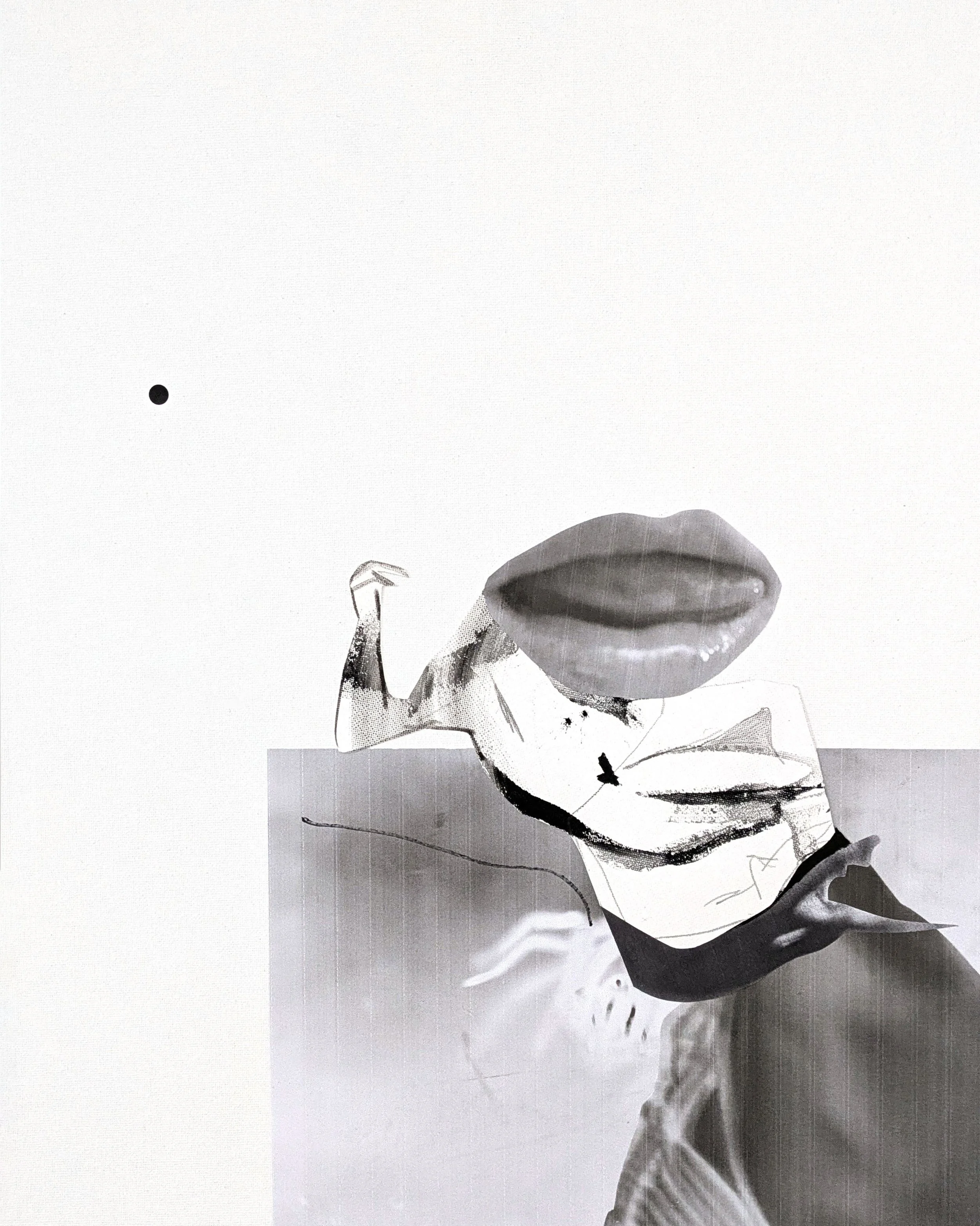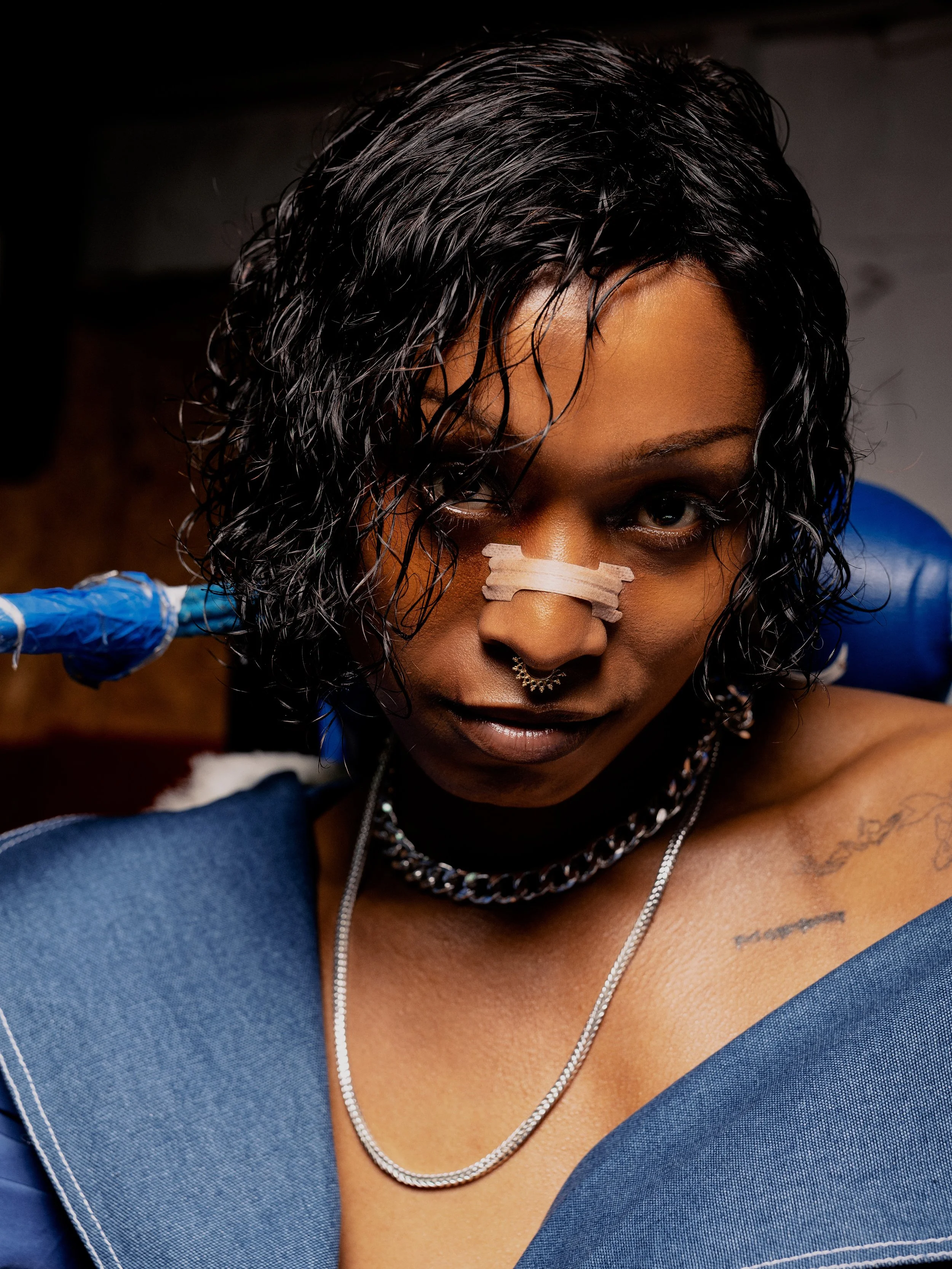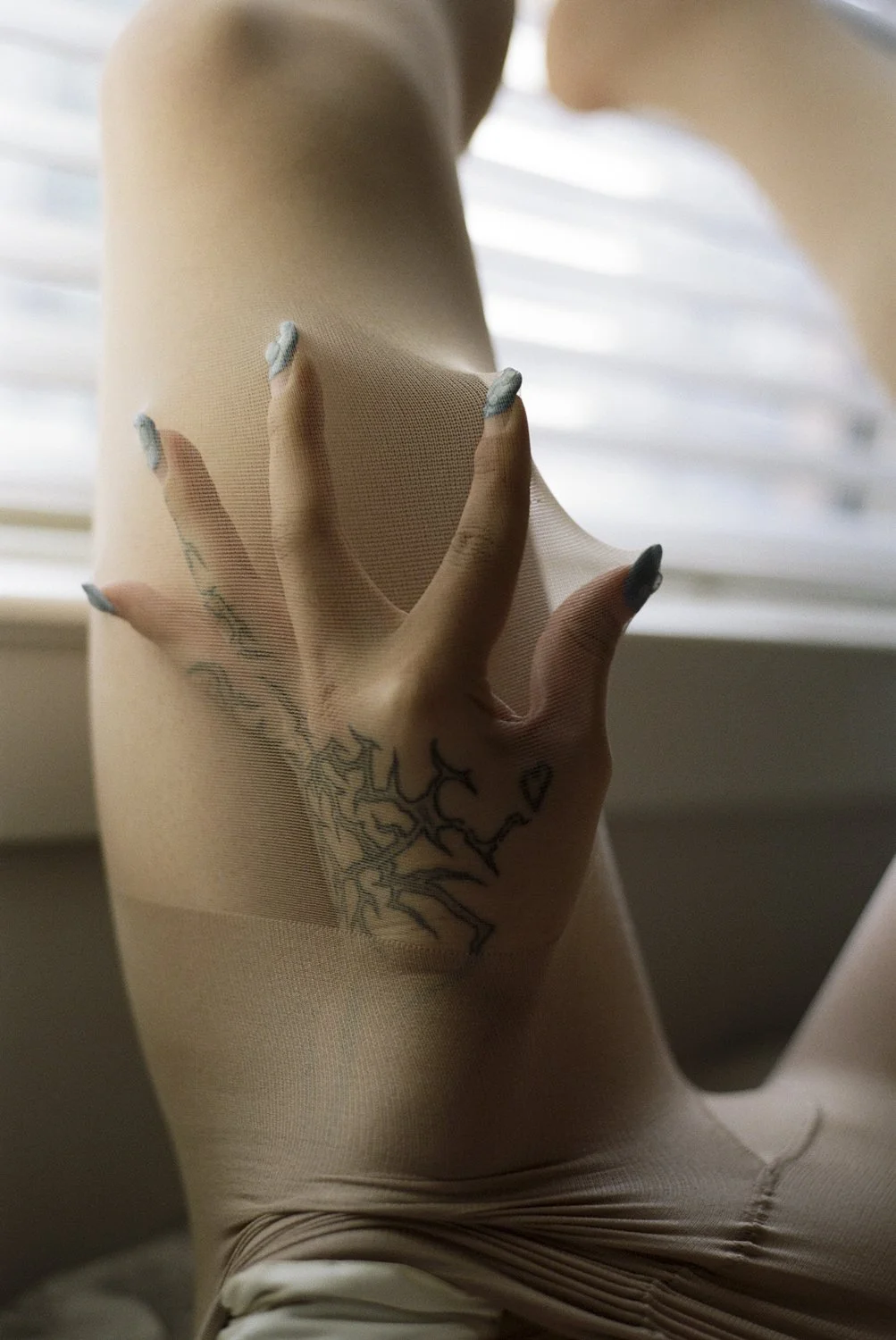Breaking down the script
Céline Buckens, the Belgian British actor whose career went from working with Steven Spielberg as an unknown 13 year old, to receiving Emmy and Bafta nominations this year for her role in Showtrial. At the iconic Rio cinema, Céline talks to us about staying grounded, the craft of acting and life on the other side of the lens.
By Liam Saint - Pierre Photography JC VeronaWhat made you want to be an actor? and how did you get started?
When I was five I remember telling my mum I wanted to be an actor. It was always something that I was convinced was going to happen, despite not coming from a creative family.
Was there a specific moment?
I can't remember a turning point, because it's literally always been something that I wanted to do. But I read a lot of novels, I loved going to the theatre and watching films. I guess it all really started when I was 13, I got cast in War Horse.
How did that happen?
I think it was the right place, right time kind of thing. The agency I was with didn't have that many French speaking girls of that age on their books and I was really lucky to get the part.
Spielberg plucked you out of obscurity to play the lead role of Emilié in War Horse. What was that experience like?
I think I was so naive at the time, I don't think I really understood. I don't think I even really knew the name Steven Spielberg. It seems so long ago. I just remember when I got on set I was made to feel very comfortable, but I was still overwhelmed, because I was working with people who were at the top of their game in the industry.
So what, what happened after that, how did your career progress?
I didn't work for seven years afterwards. I was focusing on school, but I was also auditioning and I wasn't getting any parts. I'd get to the final two very often, but wouldn't get the role, which I found very difficult. But in the meantime I read Stanislavski. Stanislavski was sort of the starting point, but I read lots, now there's Ivana Chubbuck and Mike Alfreds. His book Different Every Night is a bit of a Bible of mine, It's so rigorous on how it tells you to prepare. It really expands your way of thinking about each scene because it makes you ask so many questions that makes the scene so much richer. I don't think I would have discovered all of those books and really taken the time to study acting in that way if my career was going really well.
What’s the process behind your craft? How do you embody a character / prepare for a role?
It's a lot of breaking down a script and by that I mean figuring out different options and coming up with different options of what your character wants, why your character is speaking or acting in a certain way, coming up with the whole psychology behind them. So it's quite prep intensive, but then you just give yourself to the relationship with the other actors when you're on set. Then for me I like takes being different and I like keeping it fresh, not just for the sake of it, but just because I think there are lots of different ways that the same truth can be communicated.
“I'd get to the final two very often, but wouldn't get the role, which I found very difficult. But in the meantime I read Stanislavski.”
What's been your most challenging role and why?
I think Showtrial where I played Talitha Campbell. She’s a girl who gets accused of murdering another girl at university. And she's mean, I think some of the press reacted to it by being like the most instantly hateful character on television. But then the whole series is kind of a character study of this person that you immediately dislike and then she doesn't change how she behaves. But you come to have a more holistic understanding of her.
She was so faultless and so volatile that it required this level of alertness all the time because you're playing a quick character. To keep that quickness and that element of surprise you had to not allow your other cast mates to be too comfortable with what you're going to do. I had to constantly be on my toes and constantly a step ahead of everyone else. It was quite exhausting.
Your current role is in ‘The Ex Wife’. Can you tell us about that?
The Ex-Wife is also a Thriller. I seem to be doing a lot of them. I play a young woman who marries this wealthy older man and moves to this huge, very glamorous house in Hampstead and becomes very suspicious and paranoid about the ex-wife, because the ex-wife is always on the fringes, like dropping in for a glass of wine and that kind of thing.
I found the character interesting because it's quite unusual to have a character in this day and age who aspires, who sort of gives up her professional aspiration to have a more of a housewife kind of life. I thought that that tension was interesting. It's really going against the grain and that's something that I thought was quite interesting. I also was really interested in how she's really jealous of the ex-wife, which sort of plays against society's fetishisation of youth. Usually it's the older woman who is pitted and jealous of the younger woman and this is the opposite way round.
You’ve been BAFTA and Emmy nominated, have had amazing reviews. How do you keep grounded?
You know, for every success that you have, you have so many rejections and that carries on now. There are roles which I've wanted that I haven't got and that keeps you fucking grounded. You're up against people who are also hardworking and talented and that's good because they can be your colleagues one day.
You’ve worked with some famous directors. What makes a good director?
I don't think there's any one thing. I think there are different kinds of directors. I think some are really visual and they leave the character stuff to the actors and then other times the directors are more about the actors. For them it's more crafting of a scene, of your character and pushing to the limits of that.
“For every success that you have, you have so many rejections.”
How did your short film “Prangover’, which you wrote and directed, come about? And what was that process like?
I shot in two days and there were seven locations. We were basically just running around like mad and there wasn't really any speaking except in the last scene. So it kind of felt like a fast comic strip. On a shoestring budget, I felt like I was, like, juggling, a million things.
I think I go through phases of thinking that's what I'm more interested writing and directing and then phases where I'm like, no, acting is definitely what I prefer, but I do have the impulse to write, though I find that it's completely torturous. I love having completed a script, people reading it and saying that it provoked something in them. I feel like it's more creative rather than interpretive. Not that acting isn't creative, but you're interpreting someone else's work.
How did you find being on the other side of the camera?
I actually think editing my short film made me a better actor more so than the directing part.
Have you any more of your own films planned?
I’ve another short film and it'll be a little longer. It's pretty dialogue heavy. It's a single location, two characters and I guess it's me sort of experimenting more on a dramaturgical side as opposed to a Prangover which was so visual.
I definitely have plans to carry on writing and directing in the long term, but it's something which I want to do at my own pace.
Who are your influences? Are there any films you’ve enjoyed recently?
I love Michael Haneke in terms of how he makes me think. I think he's one of the most provocative and intellectual filmmakers.
At the moment I'm really obsessed with Nicolas Roeg. I think he's so great. Bad timing is a film which I'm obsessed with, but it's got like 40% on Google and I'm like, wait, what? Then I watched Two-Lane Blacktop the other day, the Monte Hellman film, which I thought was great.
About Céline
To see more about Céline follow her on Instagram
CreditsInterview Liam Saint-Pierre | Photography JC Verona | Styling Kate Barbour | Hair Lewis Stanford | Make up Claudine Blythman | Nails Jada Elize | Photography assistants Alex Amoros and Lauren Johnson | Lettering Ignacio Casco | PR Clair Dobbs
